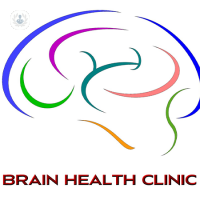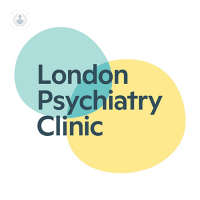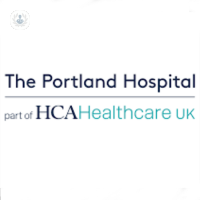Postpartum depression
What is postpartum depression?
Postpartum depression is a feeling of sadness, melancholy, unhappiness, or depression that a woman can undergo after giving birth and can last up to one year after childbirth. The most likely cause seems to be the hormonal changes that occur during and after pregnancy, as well as imbalances that can affect the mood of the mother.
The symptoms usually disappear with time but, occasionally, they become chronic and a specialist must be seen, who will assess the various treatment options, from therapy to specific medication.

What are the symptoms of postpartum depression?
It is very common that the first two weeks after delivery, the mother is affected by feelings of sadness, anxiety or irritation, which is referred to as puerperal depression (also known as the “baby blues”). If this feeling does not disappear in a month or two after giving birth, or the symptoms of depression appear later, it is a sign of postpartum depression.
The signs of the baby blues are:
- mood swings
- irritability
- anxiety
- sadness
- feeling overwhelmed
- lack of sleep and concentration
The symptoms of postpartum depression are much more intense, last longer and may interfere with the mother’s ability to care for her baby. These include:
- sad and deteriorating mood
- anxiety, depression and guilt
- excessive crying
- feeling of uselessness
- inability to bond with baby
- lack of interest in most activities
- lack of concentration
- lack of energy
- lack or changes in appetite
- problems to carry out tasks
- sleep problems
- suicidal thoughts
- thoughts of harming the baby
What causes postpartum depression?
There is no single reason why some mothers develop postpartum depression and others don’t, but there are a few causes and risk factors that are interrelated. These include:
Hormonal changes
Once a woman has given birth, there is a dramatic drop in the hormones oestrogen and progesterone, which contributes to postpartum depression. The hormones produced by the thyroid gland may drop too, which leads to tiredness and feeling sluggish.
Physical changes
Childbirth brings numerous physical and emotional changes. There is the physical pain from the delivery, the worry of losing baby weight and perhaps the feelings of insecurity about the body in general.
Stress
Caring for a newborn can be very stressful, with sleep-deprivation taking its toll. Mothers may feel overwhelmed about their ability to care for their baby and it takes time to adjust to the new addition to their life.
Risk factors of postpartum depression may occur if the pregnancy was not planned or if the mother has little support from loved ones. If the mother has suffered from depression prior to giving birth or it also runs in her family history, it could also affect her emotions after the birth.
Treatment for postpartum depression
Treatment for postpartum depression consists of psychological therapy, help from a psychiatrist if necessary, and the use of anti-anxiety and anti-depressant drugs. It may be beneficial for couples to see a marriage counsellor.
Cognitive therapy and interpersonal therapy are also the two most useful types of psychotherapy for this pathology. Hormone therapy may be recommended to replace oestrogen and combine this with anti-depressants. Support groups are also a good method for the patient to share their feelings and feel more relieved.













